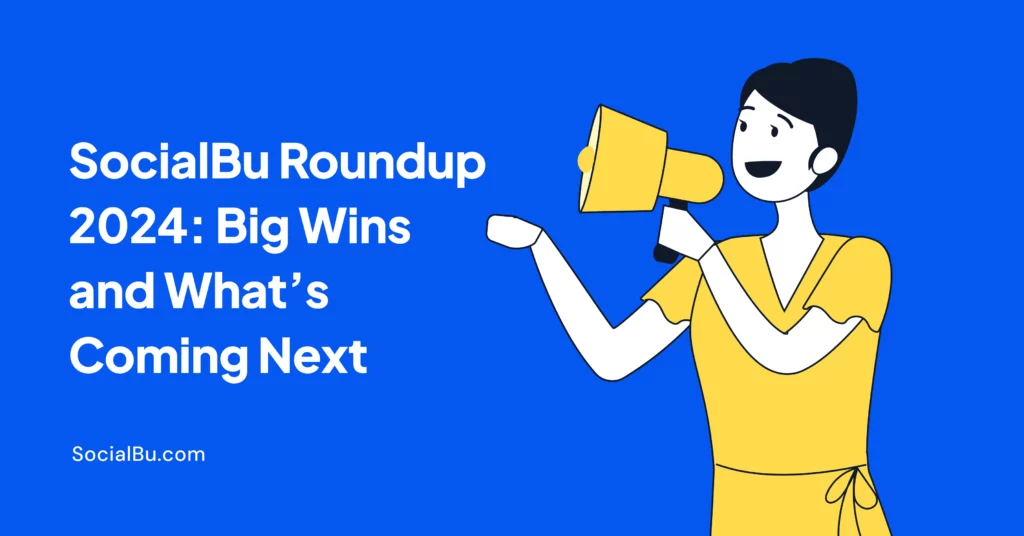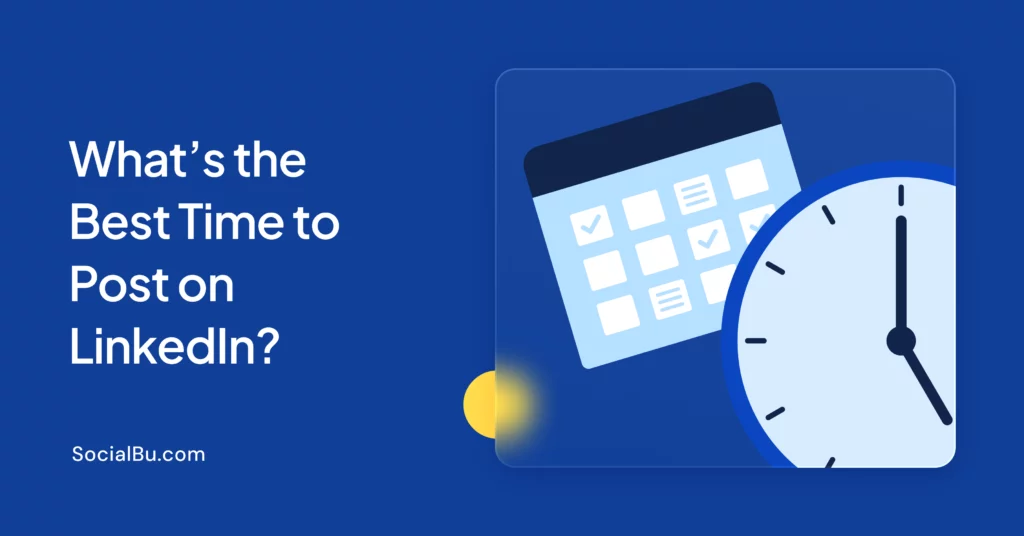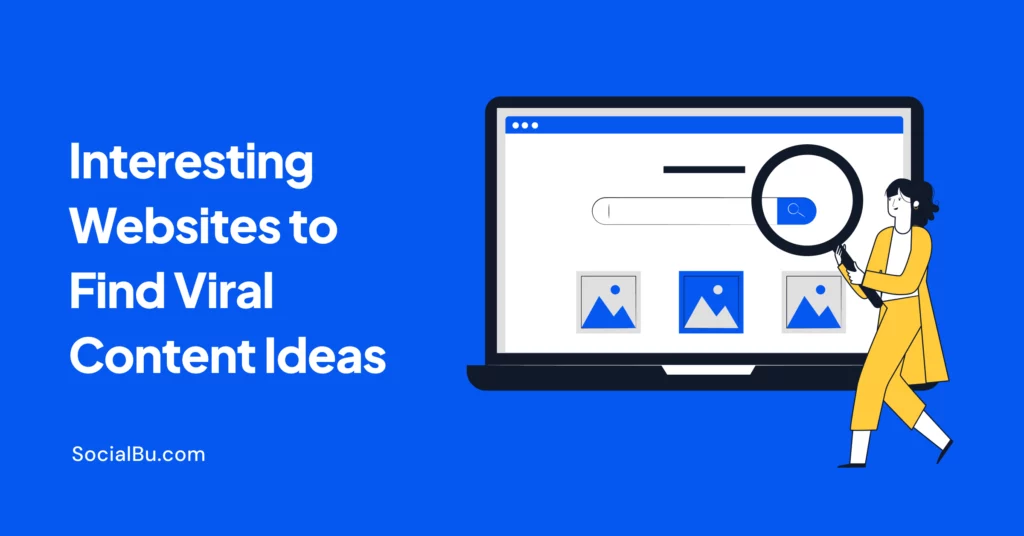AI in digital marketing is expected to have a significant influence as it develops, perhaps reshaping the sector as a whole.
It presents the potential of opening up previously unheard-of possibilities for organizations to interact with their target markets in significant ways.
In this post, we will delve into the captivating realm of AI and explore the existing possibilities it holds for the future of digital marketing.
From hyper-personalization to intelligent data analytics, AI’s impact on the industry is set to be profound.
So fasten your seatbelts and prepare to embark on a journey into the future, where AI becomes the driving force behind marketing strategies, unlocking untapped potential and propelling businesses toward unparalleled success.
Role of AI in Marketing
Artificial Intelligence is revolutionizing the future of digital marketing, leading to some significant advancements.
Mentioned below are some astonishing facts about AI from trueNorth:
- A remarkable 61% of marketers consider artificial intelligence the crucial element of their data strategy.
- An overwhelming 80% of business and tech leaders acknowledge that AI already contributes to enhanced productivity.
- Existing AI technology has the potential to elevate business productivity by a substantial 40%.
- An astounding 97% of mobile users are utilizing AI-powered voice assistants.
- Among early adopters of AI, an impressive 83% have already reaped notable economic benefits, with 53% achieving moderate gains of around 30%.

With the increasing accessibility of AI, agencies are free to employ it for various goals. These include data analysis, trend prediction, and brand improvements.
Consequently, the future of digital marketing is dramatically transforming how brands conduct their marketing endeavors.
How to Take Advantage of Artificial Intelligence?

AI in digital marketing is revolutionizing the sphere industry in multiple ways. Here are a couple of examples.
1. AI-driven Content
AI-powered marketing tools enable the selection of relevant content tailored to specific platforms and optimal distribution timing.
Embracing AI in the marketing industry means incorporating various tools that offer data-driven insights and feedback.
This establishes stable feedback, empowering marketers to improve their content creation capabilities and work with performance metrics, resulting in greater success.

2. Market Predictive Analytics
Artificial intelligence-powered software can process vast amounts of data, extract valuable insights, and make predictions based on emerging patterns.
This empowers marketers to make predictions based on real-time data using AI for personalized marketing campaigns.
It is also possible to optimize market strategies and enable real-time personalization. As a consequence, one will be ready to craft more effective marketing strategies and improve sales of products and services.
3. Consumer Behavioral Analytics
By utilizing statistical models, AI can predict the future actions of customers based on their past behavior and personality traits. Furthermore:
- It leverages various behavioral models to understand the purchasing habits of different demographics.
- It equips companies with customer behavior insights and their evolving characteristics in advance.
- It enables effective customer management based on acquired data.
- It helps companies understand customer demand and align with profit and risk conditions.
4. Targeted Digital Advertising
AI in digital marketing offers countless opportunities for companies to create innovative ad campaigns. These platforms analyze user information such as gender, age, interests, demographics, and other relevant factors to provide a personalized advertising experience.
Targeted Marketing allows AI algorithms to make sure users receive the most relevant ads. As a result, it takes nothing to enhance the performance of promo campaigns.
Companies have control over which users see their ads and pay based on the number of ads shown to individual users.
5. Product Search and Recommendations
There are more benefits of AI in digital marketing. For instance, it dramatically improves the accuracy of product searches and customer recommendations.
In this case, recommendations help customers find the specific products they want. Furthermore, digital marketers can utilize AI tools to make more precise and timely predictions about customers’ purchasing preferences.
This leads to increased sales and enables brands to showcase products to new customers based on their effectiveness and positive reviews from existing customers.
6. Automated Customer Service
As a complement to digital marketing efforts, AI plays a crucial role in automating customer service processes. These include sending messages, providing automated responses through chatbots, generating survey results, and handling online forums.
Chatbots are a prime example of AI technology implementation. Virtual assistants swiftly respond to customer inquiries, gather information about products or services, and propose advice to assist customers in making informed decisions.
AI vs. Human Digital Marketers

Although AI is anticipated to bring about changes in marketing job roles and the necessary skills for success in the field, it is not predicted to replace human marketers in the near future entirely.
While AI can automate repetitive tasks and optimize marketing strategies, marketing is multifaceted and imaginative.
It relies on human abilities to establish customer connections and foster brand growth. Without a doubt, AI will have a significant role to play in marketing. It cannot turn out to be a substitute for our creativity.
Ethical Considerations of AI in Marketing

The utilization of AI in marketing gives rise to ethical issues related to privacy, bias, transparency, manipulation, and potential job displacement.
To address these concerns, it is critical for businesses to prioritize transparency and ethical practices in their AI implementations.
This involves employing unbiased algorithms, being open and transparent about data collection and usage, and taking measures to prevent AI from causing negative social consequences.
Conclusion
The possibilities of this game-changing AI technology are limitless. As we welcome fantastic opportunities by AI in digital marketing, it will be possible to craft incredible promo campaigns.
AI will likely play a significant role in the future of marketing. By utilizing its potential wisely, companies can usher in a new age of marketing that is intelligent, compassionate, and genuinely customer-focused.
Remember that you can always take advantage of marketing agency website templates through TemplateMonster Digital Marketplace.







